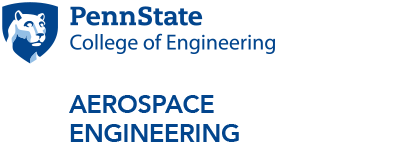Robot Ethics and Aerial Vehicles Lab
The Robot Ethics and Aerial Vehicles Laboratory (REAL) examines both the ethical ramifications and scientific underpinnings associated with developing autonomous aerial vehicles and robots. Our goal is not only to create technology which will advance the science and state-of-the-art, but to also critically investigate the societal impact of creating autonomous robots and aerial vehicles.
The lab focuses on two broad but intertwined questions: First, how can robots, such as autonomous aerial vehicles, be made to intuitively interact with, communicate, and influence people? And second, what are the ethical, societal, and cultural ramifications of creating autonomous machines?
Investigating questions such as these demands a multidisciplinary team of researchers and a diversity of perspectives. Our research uses methods from social psychology, behavioral economics, and game theory in conjunction with artificial intelligence, machine learning and engineering. We tend to focus on higher, cognitive, aspects of human-robot socialization such as relationship development, modeling of one’s interactive partner, and reasoning about trust and deception. We are particular interested in the possibility of using robots for search and rescue and humanitarian missions.
The REAL lab was recently created from a cofunding agreement reached by the Department of Aerospace Engineering and the Penn State Rock Ethics Institute.
Key Faculty: Alan Wagner
Facilities and Labs
- Adverse Environment Rotor Test Stand
- Aeroacoustics Facilities
- Air Vehicle Intelligence and Autonomy Lab
- Control and Analysis of Stochastic Systems Lab
- High-performance Computing Cluster Facility
- Indoor Flight Research Lab
- Robot Ethics and Aerial Vehicles Lab
- Rotorcraft Flight Simulator Facilities
- Sailplane Lab
- Space Propulsion Lab
- Structures Labs
- Student Space Programs Lab
- Turbomachinery Aero-Heat Transfer Lab
- Water Channel/Water Tunnel
- Wind Tunnels
- Wind Turbine Field Test Facility



